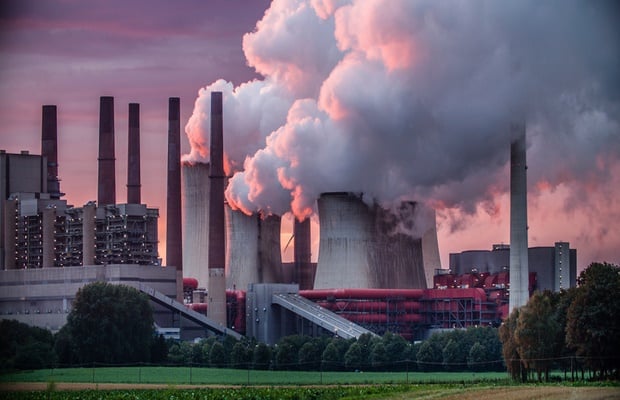On 1 June 2017, President Donald Trump announced that the United States of America would withdraw from the Paris climate accord, thus weakening efforts to make environmental changes. This move is dire, as it brings forward a new stream of people who deny that climate change has a damaging effect on humans.
South Africa's part in fighting climate change has been well-established since participation in the 2015 United Nations Climate Conference (COP21) in Paris.
If nothing is done to address climate change, tens of thousands more early deaths may occur worldwide from exposure to air pollution in the coming decades, a new study contends.
The study was published in the journal Nature Climate Change.
South Africa has very good reason to promote action against climate change, as we are a climate-vulnerable country, and our environment has already become drier and hotter. A rise in global temperature would definitely have a great effect on this country.
Deaths linked to pollution
And not only is the increase in global temperature a concern for our well-being.
Increases in air pollution caused by rising temperatures will trigger an additional 60 000 premature deaths each year around the globe by 2030, and as many as 260 000 more premature deaths annually by 2100, according to the results of several different climate models.
More people will die from diseases like heart attack, stroke, lung cancer and chronic obstructive pulmonary disease (COPD), which are exacerbated by exposure to smog-laden air, said study co-author Jason West. He's an associate professor of environmental sciences and engineering with the University of North Carolina's Gillings School of Global Public Health.

Increases in air pollution will be linked to more premature deaths in the near future.
More chemical reactions
The projected deaths occur "under a scenario where no big policies are adopted to slow down climate change," West said. "We're just letting business as usual go forward, and climate change gets worse." For the study, West and his colleagues examined how increases in air pollution could affect people's health in coming decades.
"We understand that today something like two to four million people likely die prematurely each year around the world due to exposure to outdoor air pollution," West said. "It's a big problem obviously in very polluted regions like China and India, but it's also a problem in the United States."
Hotter temperatures caused by climate change will make air pollution worse by increasing the chemical reactions that form smog in the atmosphere, West said. Rising heat also will increase windblown dust and smoke from wildfires, and prompt trees to pump out more organic air pollution, he added. The research team tried a new strategy to project the effect of these occurrences on human health.
"Instead of using a single computer model, we used several different models of the global climate system," West said. "Our study is the first to use that approach." All told, the researchers found that climate change is expected to increase air pollution-related deaths globally and in all world regions except for Africa.
More premature deaths
Specifically, five out of eight models predicted there will be more premature deaths in 2030, and seven of nine models indicated the same thing by 2100, West said. In North America alone, the combined models predict 7 900 more deaths attributable to air pollution annually by 2030 and 28 900 more deaths by 2100, West said.
This study is important because it combines many different models to craft projections that are "as real-world as they can make it", said Dr Albert Rizzo, senior medical advisor for the American Lung Association.
Unrestricted climate change will harm human health "because of the way it changes the development of ozone, how it affects the need for use of fossil fuels in order to produce air conditioning, the increased risk of wildfires because of the dryness that will occur," said Rizzo, who wasn't involved with the study.
People with existing lung and heart disease will be the worst off under this scenario, particularly if they are forced from their homes due to natural disasters related to climate change like fires, hurricanes and floods, Rizzo said.
"There's a lot of ways that changes in climate can affect health, some related directly to disease and some related to disruption of life," Rizzo said.
All images provided by iStock




 Publications
Publications
 Partners
Partners










